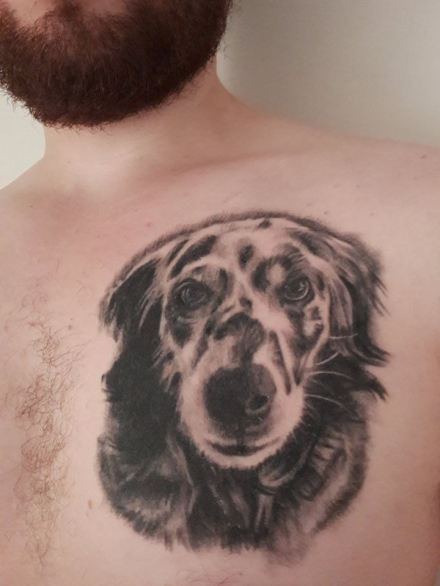Today is a grieving day.
I’ve never been very good at grieving. It’s one of those things that you can’t really practice until you need it, and when you need it, boy you better get it right.
***********************
The first time I grieved was for my grandfather. I was with him the week before I started at business school. He was hollowed out. Cancer had emptied his strength, his voice, his pride. I helped carry him to the bathroom. I remember vividly, on the way back one trip, he pushed us away from him so he could take the last three or four steps to his bed. He didn’t make it. Two of us had to help him off the floor and into bed.
I got the call on the first day of classes. I told myself to be stoic, to support my mother and my cousins. I blocked out, remained neutral.
For a month after, I, too, was hollowed out. I would open a textbook to do readings, spend two and a half hours reading the same paragraph over and over. Close the book. I skipped mandatory study sessions. I was one missed class away from failing out. I was a zombie, present but not processing.
************************
The last time I grieved was for Pittsburgh. It was a different kind of grief, boiling hot and bitter, like oversteeped tea. I wanted to fight somebody. Grief is easier with an enemy to blame, so much so that people will make enemies out of bystanders to comfort themselves. They will lash out at family or friends or caregivers for ginned up failings so that they don’t have to face the truth: the world will bring you grief by the truckload, it will take away and take away and take away and unlike a person it is impossible to fight. It’s preposterous, to try to fight back at the grief the world visits upon you. It would be like karate kicking a tsunami.
***********************
The deepest time I grieved was a year ago today. In the Jewish tradition, you do not unveil the tombstone until one year from the day of the death. I wish I had some words of wisdom to say about that tradition, but I have a sneaking suspicion it exists because bodies must be disposed of immediately and masonry takes a little longer.
I am practicing traditions today. I lit a Yahrtzeit candle. Why? I don’t know. Mostly I’m throwing shit at a wall to see what sticks.
***********************
There is an image I get in my head of that day. I know the technical term for this: obsession. A persistent, unwanted thought. I get them when I am anxious, of something terrible happening, and when my grief is pressed upon, I get the image of the veterinarian poking a finger into my dog’s eye to check that he was non-responsive, that the drugs that rendered him inert had taken hold. And I hate him for it.
I hate the clinical, dry, businesslike nature of that gesture. It feels like an imposition into my family’s grief. I hate that this memory, above all other memories, is the one that comes back to me.
Is this what the traditions are for? To fend off the dryness, the clinical nature of disposing of the dead?
***********************
My grief has been pressed upon a lot recently. I have dipped my first timid toes in the water again, fostering a dog that needs a temporary home. She is sweet and loving and gentle. Like he was. And that part of my heart that he occupied is being intruded upon, and I love her, and I hate it. I am not ready to till the soil where he is buried.
***********************
To love is to become a part of an “us,” to be greater than yourself. Grief, then, is phantom-limb syndrome. The pieces of us that go missing can never be replaced. Everything thereafter is just prostheses. And, yes, we can love again, and we can grow another “us.” But the things we lose stay lost.
***********************
There is no literal soil on which to put a gravestone. So I have put a marker as close to where he lies as I can. It is my effort to keep a little piece of him with me, to override this obsession of the moment of loss with a remembrance of joy and love.

RIP Kazak, the Hound of Space.